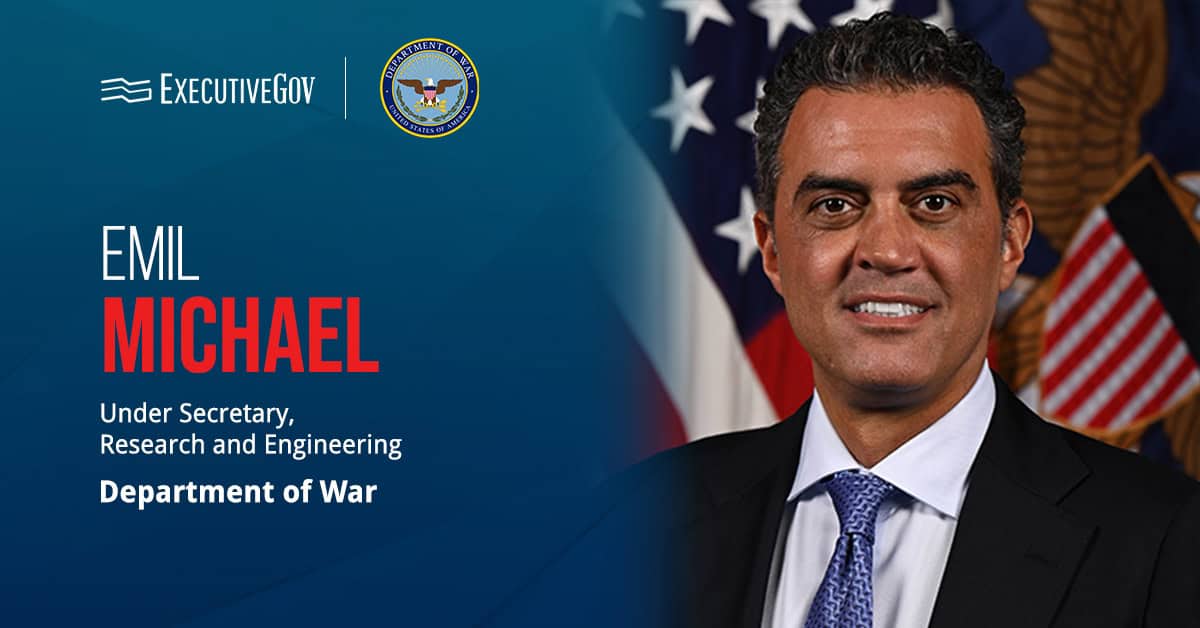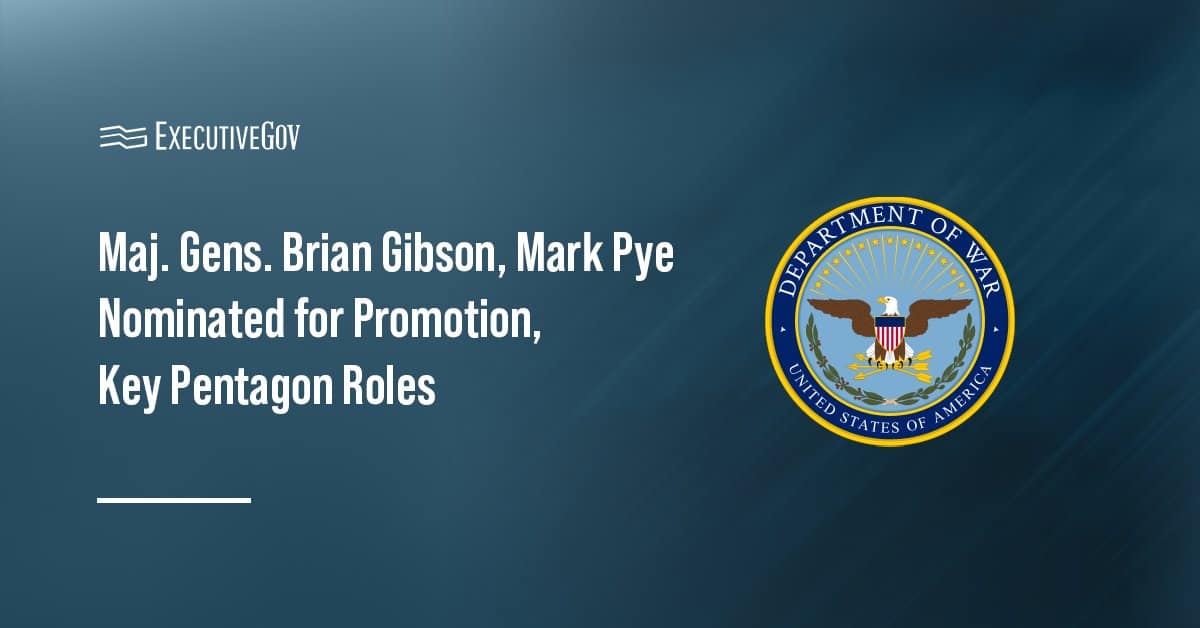
The General Services Administration has introduced a pilot program to award and oversee phase III contracts under the Small Business Innovation Research initiative.
GSA said Thursday the office of assisted acquisition services will manage the SBIR contracts under the pilot program that is slated for completion in September 2019.
The SBIR Phase III contracts aim to help local small businesses transition into the commercialization stage after conducting research and development work through the program’s first two phases.
GSA Administrator Emily Murphy, a 2018 Wash100 recipient, said the SBIR pilot seeks to provide small businesses an opportunity to bring novel platforms to the federal marketplace, build up the industrial base and support job creation.
The AAS office’s federal systems integration and management and Great Lakes Region teams will lead the pilot.





